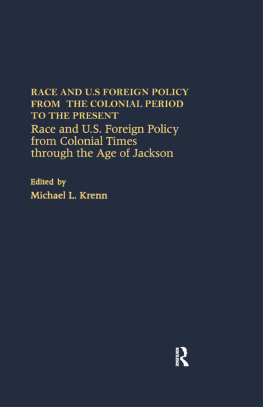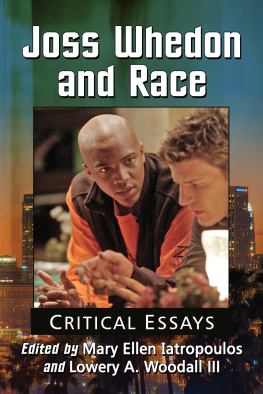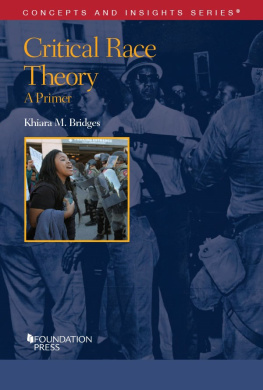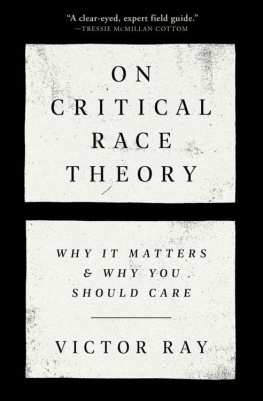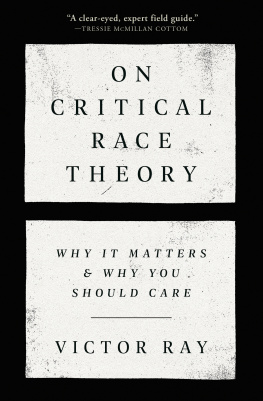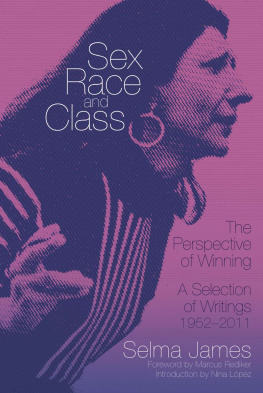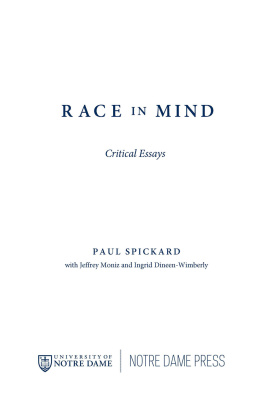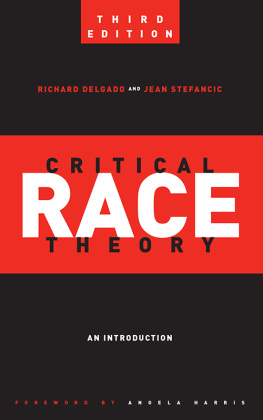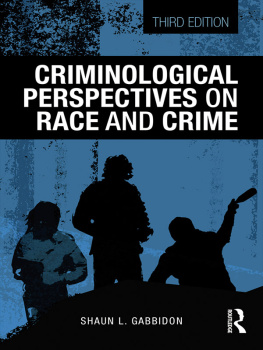E Nathaniel Gates - Critical race theory : essays on the social construction and reproduction of race
Here you can read online E Nathaniel Gates - Critical race theory : essays on the social construction and reproduction of race full text of the book (entire story) in english for free. Download pdf and epub, get meaning, cover and reviews about this ebook. year: 1997, publisher: Garland, genre: Romance novel. Description of the work, (preface) as well as reviews are available. Best literature library LitArk.com created for fans of good reading and offers a wide selection of genres:
Romance novel
Science fiction
Adventure
Detective
Science
History
Home and family
Prose
Art
Politics
Computer
Non-fiction
Religion
Business
Children
Humor
Choose a favorite category and find really read worthwhile books. Enjoy immersion in the world of imagination, feel the emotions of the characters or learn something new for yourself, make an fascinating discovery.

- Book:Critical race theory : essays on the social construction and reproduction of race
- Author:
- Publisher:Garland
- Genre:
- Year:1997
- Rating:5 / 5
- Favourites:Add to favourites
- Your mark:
- 100
- 1
- 2
- 3
- 4
- 5
Critical race theory : essays on the social construction and reproduction of race: summary, description and annotation
We offer to read an annotation, description, summary or preface (depends on what the author of the book "Critical race theory : essays on the social construction and reproduction of race" wrote himself). If you haven't found the necessary information about the book — write in the comments, we will try to find it.
E Nathaniel Gates: author's other books
Who wrote Critical race theory : essays on the social construction and reproduction of race? Find out the surname, the name of the author of the book and a list of all author's works by series.
Critical race theory : essays on the social construction and reproduction of race — read online for free the complete book (whole text) full work
Below is the text of the book, divided by pages. System saving the place of the last page read, allows you to conveniently read the book "Critical race theory : essays on the social construction and reproduction of race" online for free, without having to search again every time where you left off. Put a bookmark, and you can go to the page where you finished reading at any time.
Font size:
Interval:
Bookmark:

Essays on the Social Construction and Reproduction of "Race"
E. Nathaniel Gates
Yeshiva University
- The Concept of "Race" in Natural and Social Science
- Cultural and Literary Critiques of the Concepts of "Race"
- Racial Classification and History
- The Judicial Isolation of the "Racially" Oppressed
E. Nathaniel Gates
Benjamin N. Cardozo School of Law
Yeshiva University

711 Third Avenue
New York
NY 10017
2 Park Square, Milton Park
Abingdon
Oxon, OX14 4RN
The concept of "race" in natural and social science / edited with
introductions by E. Nathaniel Gates.
p. cm. (Critical race theory; 1)
Includes bibliographical references.
ISBN 0-8153-2600-9 (alk. paper). ISBN 0-8153-2599-1 (set)
1. Race. 2. Health and race. 3. Race awareness. 4. Human
population genetics. I. Gates, E. Nathaniel. II. Series.
GN269.C657 1997
305.8dc21 97-1994
CIP
POD ISBN 9780415643061
VOL1 9780815326007
VOL2 9780815326014
VOL3 9780815326021
VOL4 9780815326038
| Stephen Jay Gould |
| R.C. Lewontin |
| Masatoshi Nei and Arun K. Roychoudhury |
| Masatoshi Nei and Arun K. Roychoudhury |
| Daniel A. Segal |
| Donal E. Muir |
| Alice Littlefleld, Leonard Lieberntan, and Larry T. Reynolds |
| Newton G. Osborne and Marvin D. Feit |
| Edward J. Ruth |
| Richard Cooper and Richard David |
| Elizabeth S. Watts |
| Stephen H. Caldwell and Rebecca Popenoe |
| Sjaak van der Geest |
| Gregory Pappas |
| Christopher Bagley |
| Raymond G. Nairn and Timothy N. McCreanor |
| David R. Williams, Risa Lavizzo-Mourey, and Rueben C. Warren |
| Ruth G. McRoy and Edith Freeman |
| John E. Williams |
| John E. Williams, Richard D. Tucker, and Frances Y. Dunham |
| Robert Miles |
Font size:
Interval:
Bookmark:
Similar books «Critical race theory : essays on the social construction and reproduction of race»
Look at similar books to Critical race theory : essays on the social construction and reproduction of race. We have selected literature similar in name and meaning in the hope of providing readers with more options to find new, interesting, not yet read works.
Discussion, reviews of the book Critical race theory : essays on the social construction and reproduction of race and just readers' own opinions. Leave your comments, write what you think about the work, its meaning or the main characters. Specify what exactly you liked and what you didn't like, and why you think so.

